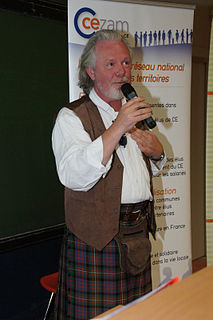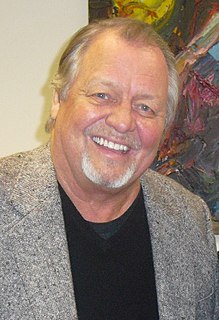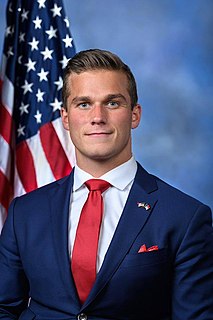A Quote by Mel Carnahan
For our welfare reform efforts to be successful, we must empower local charitable organizations with the resources to address their local community needs.
Related Quotes
Our Government understands that local, community organizations are essential in addressing social issues like economic development, poverty, education and integration in Canadian communities. The Community and College Social Innovation Fund will connect the innovative talent of researchers and students at colleges and polytechnics to meet the research needs of local community organizations to build stronger, safer, healthier communities.
The Humane Society of the United States works with local Humane Societies across the country. We don't control every local Humane Society in this nation. These organizations strive to the greatest degree to provide homes for animals and to encourage adoption, to spay and neuter animals. And if a decision is made to euthanize, it is a failure of society, not the local organizations who are striving to do their best.
We mustn't assume that we are going to deinvent government solely from inside the Beltway or within one or two sessions of Congress. We will do it one step at a time, in one community at a time - at the local level and through local institutions like churches, nonprofit and volunteer organizations and families.
Anybody interested in solving, rather than profiting from, the problems of food production and distribution will see that in the long run the safest food supply is a local food supply, not a supply that is dependent on a global economy. Nations and regions within nations must be left free and should be encouraged to develop the local food economies that best suit local needs and local conditions.
"Triennale in the City" is a scheme that is of priority for the sponsoring local government. For many local governments, revitalization is an important mission for the local community, and, therefore, the attitude to achieve this mission through the cultural and/or artistic activities should not be denied.
Our efforts for inclusive growth are holistic and not piecemeal; well planned and not knee jerk reactions; not for small changes but for quantum leap; making people the partners in growth not just beneficiaries; addressing the local needs by using global ideas and technology. And this is why our efforts in e-governance have been applauded the world over.

































